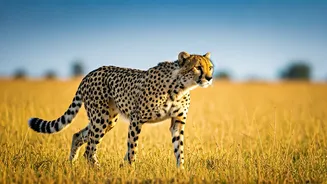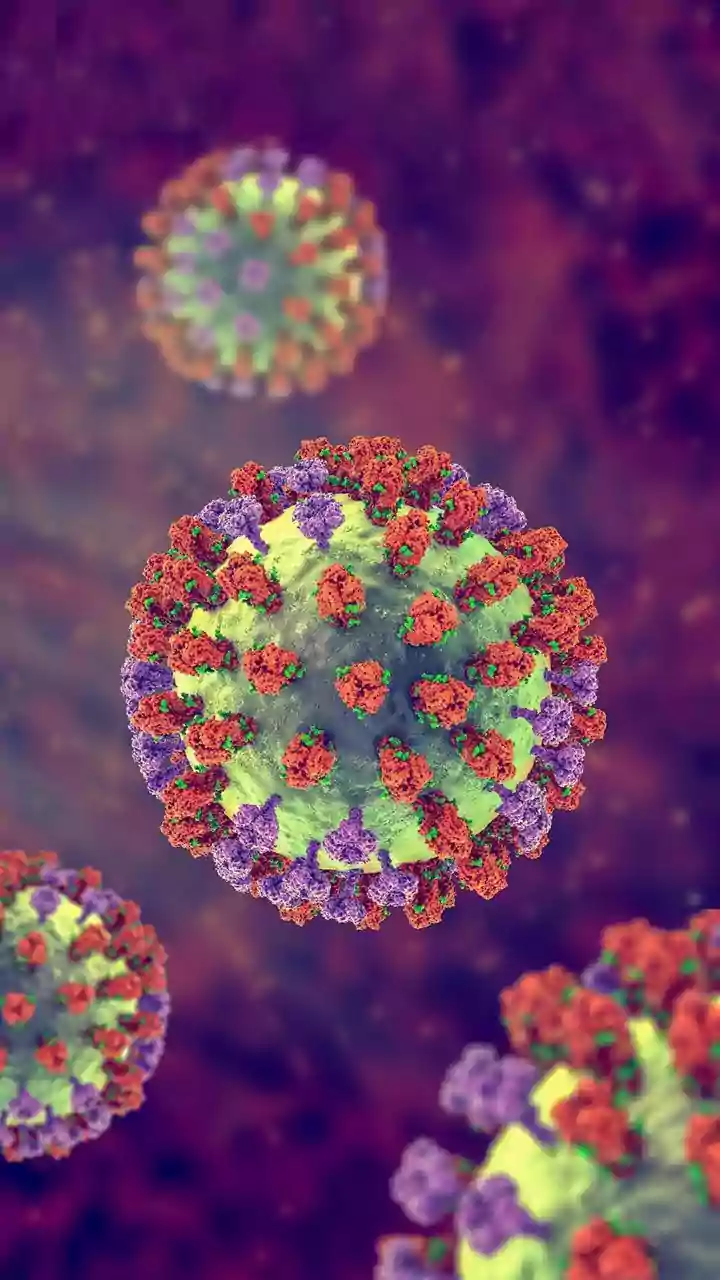Cheetahs: A New Chapter
The decision by Botswana to transfer eight cheetahs to India represents a pivotal moment in wildlife conservation. This initiative has been designed to support
the reintroduction of cheetahs into India, an effort with far-reaching implications. For many years, cheetahs have not roamed the Indian landscape. This collaboration between nations emphasizes the importance of protecting endangered species and underlines the critical need for global cooperation in safeguarding biodiversity. The aim is to create a sustainable population of cheetahs in India, boosting the ecological health of the selected habitats and fostering new opportunities for scientific research and ecotourism. The transfer itself involved meticulous planning and adherence to strict protocols, guaranteeing the well-being of the animals throughout their journey and the start of their new lives.
Conservation's Crucial Role
This partnership spotlights the imperative role that conservation plays in maintaining the balance of the world's ecosystems. The exchange of cheetahs between Botswana and India underscores the commitment of both countries to preserve their natural resources. Conservation efforts are not confined within national boundaries; they frequently require international teamwork to be truly effective. The reintroduction of cheetahs into India contributes to the restoration of biodiversity in selected areas. This involves not just placing the animals in their new environments but also carefully monitoring their progress and the effects they have on the existing ecosystem. The initiative further demonstrates the value of strategic conservation, focusing on long-term goals and adapting plans as needed to achieve the best results.
India's Wildlife Revival
The arrival of the cheetahs signifies a major step in the renewal of India's wildlife. The objective is to establish thriving cheetah populations in suitable environments across the country. This endeavor has the potential to boost the local economies via ecotourism while also providing scientific researchers with invaluable prospects for study. The project is an opportunity to learn more about the best methods for conservation and apply these lessons to other species and environments in need. This reintroduction is designed to invigorate the delicate equilibrium within the ecosystem, helping to bring India's natural heritage back into full bloom. In essence, it shows that India is committed to its ecological preservation and is a global leader in conservation.
Global Conservation Impact
The handover of cheetahs has broader implications for global conservation efforts, inspiring other nations to come together in tackling issues related to wildlife protection. It acts as an example of successful international collaboration, which is essential to dealing with the complex challenges of biodiversity. This endeavor offers valuable insights and lessons that can be used to improve conservation practices globally. The collaborative strategy promotes environmental awareness among the public and encourages participation in conservation programs. Through this international effort, both Botswana and India have clearly shown a commitment to the protection of endangered species, leaving a legacy of hope for the world's wildlife.





















